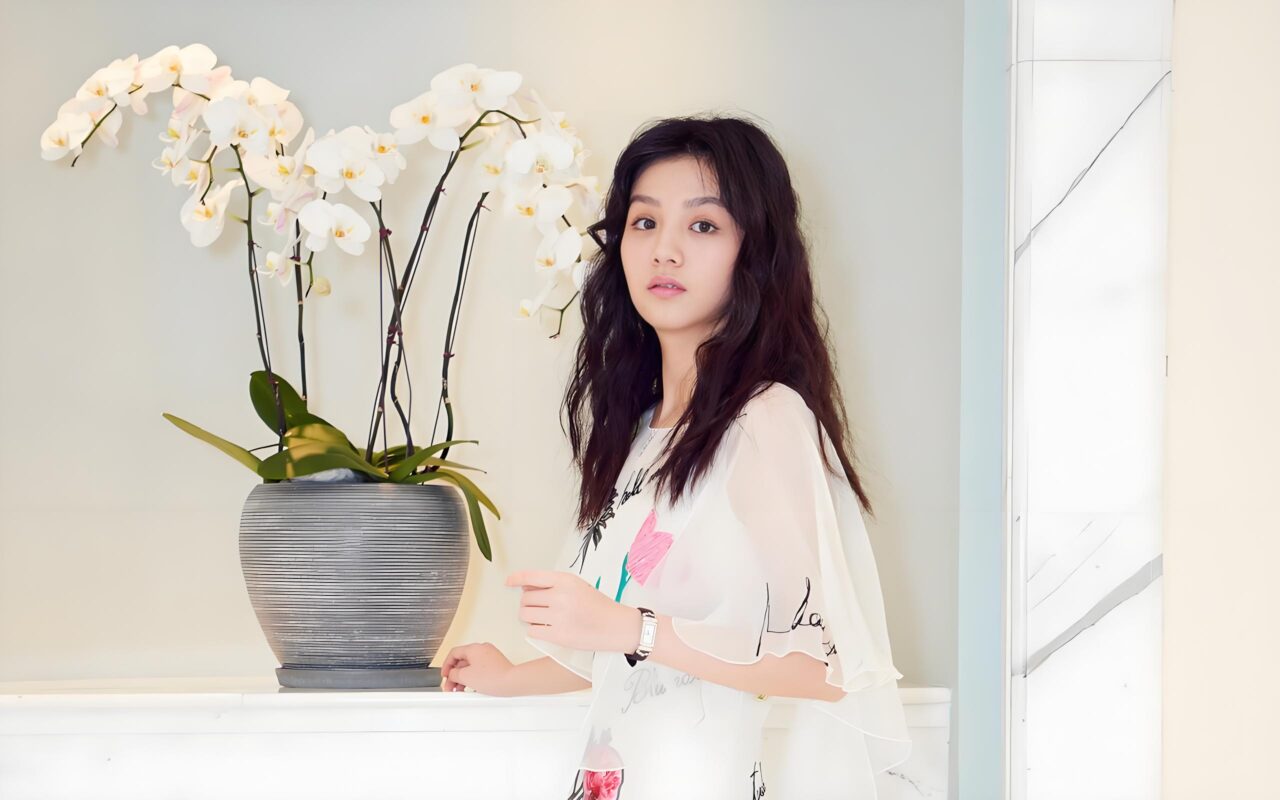The Unconventional Genesis
From Obscurity to Acclaimed Artistry
Chun Xia’s (春夏) emergence in the Chinese film industry defies conventional star trajectories, marked not by commercial idol training but by raw artistic authenticity and instinctive talent. Her breakthrough role as Wang Qiaomei in Port of Call (踏血寻梅, 2015) remains a seismic moment in contemporary Chinese cinema, earning her the Hong Kong Film Award for Best Actress at 24—an unprecedented feat for a newcomer. Unlike peers molded by systematic studios, Chun’s background remains deliberately opaque; she rarely discusses formative years, cultivating an aura of mysterious depth that permeates her performances. This intentional distance from celebrity tropes positions her as an antidote to manufactured stardom, with critics noting her “unpolished vulnerability” as a deliberate rejection of mainstream glamorization. Her early choices—gravitating toward psychologically complex characters in indie films—established a template: emotional fearlessness fused with narrative restraint, a duality that would define her career.
Method and Transformation
Anatomy of a Chameleon
Chun’s acting methodology hinges on immersive psychological excavation, often isolating herself to inhabit characters’ traumas and triumphs. For Port of Call, she reportedly lost weight extensively and studied sex workers’ diaries to embody Wang’s desolation. Later, in the historical drama Rise of the Phoenixes (天盛长歌, 2018), her portrayal of Hua Qiong required mastering classical guqin and calligraphy—skills she practiced for months to ensure historical verisimilitude. This commitment extends beyond physical preparation: she rejects scripted improvisation, insisting interactions feel “unrehearsed” to capture organic tension. Directors frequently cite her collaborative intensity, noting she questions character motivations scene-by-scene, blurring lines between performer and persona. In the 2023 series New Wrong Carriage, Right Groom (新上错花轿嫁对郎), Chun subverted expectations by playing Li Yuhu not as a caricatured ingenue but as a witty strategist, layering humor with subtle melancholy. Such transformations reveal a core tenet: her roles are archaeological projects, unearthing latent contradictions within each character’s psyche.
Cultural Resonance and Public Paradox
The Reluctant Icon
Despite her cinematic prominence, Chun Xia maintains fraught visibility. She eschews social media frenzy (with no verified Weibo account) and red-carpet theatrics, embodying a post-fame austerity rare among contemporaries. Yet this reticence amplifies her cultural impact: fashion houses like Gucci recruit her precisely for this “unbranded” authenticity, casting her in campaigns celebrating nonconformist elegance. Her interviews dissect industry sexism with unnerving candor; when asked about “aging out” of lead roles, she retorted, “A woman’s complexity shouldn’t expire at 30.” This duality—public invisibility versus potent symbolic influence—mirrors her onscreen personas: marginalized yet indomitable figures navigating oppressive systems. Notably, her advocacy extends beyond performative allyship; she quietly funds rural girls’ education programs, viewing literacy as “armor against societal erasure”—a cause tied to her rumored childhood struggles (IMDB).
Artistic Philosophy and Industry Disruption
Recasting the Leading Woman Trope
Chun deliberately destabilizes China’s “flower vase” (花瓶) archetype—the decorative female lead—through narrative reclamation. She selects characters orbiting trauma (addiction, poverty, exploitation) but denies victimhood as their sole identity. In The Perfect Blue (2021), her portrayal of a bipolar photographer framed mental illness not as tragedy but as creative catalysis. Her collaborations with auteur filmmakers like Derek Tsang and Wang Jing further cement this subversion; their works deploy her as a humanist lens examining societal fractures, from urban loneliness (Soul Mate, 2016) to rural displacement (River Road, 2027). Crucially, Chun negotiates contracts retaining creative veto, refusing roles reinforcing gender stereotypes—a privilege few Chinese actresses wield. Industry observers note her influence on younger talents: the “Chun Xia effect” emboldens them to prioritize script substance over commercial safety.
The Uncharted Trajectory
Beyond Borders, Beyond Genres
Recent projects signal Chun’s strategic transcendence of regional cinema. Her bilingual role in the Sino-French coproduction Shadows of the Seine (2024) as an exiled painter required fluency in French—a language she mastered in nine months, showcasing linguistic discipline. Rumored negotiations with A24 for a psychological thriller further suggest global aspirations, though she publicly prioritizes “stories needing seismic shifts, not markets.” Domestically, she produces documentaries spotlighting vanishing Chinese folk arts, aligning with her belief that “performance preserves culture.” Upcoming directorial debut Nü Shu explores Jiangyong County’s secret female script—an extension of her advocacy for marginalized narratives. While peers chase blockbusters, Chun invests in legacy building, partnering with the Beijing Film Academy to mentor socioeconomically disadvantaged students. Her trajectory remains intentionally nonlinear: a perpetual oscillation between actress, activist, and archivist, ensuring each role—onscreen or off—challenges the industry’s imagination.

